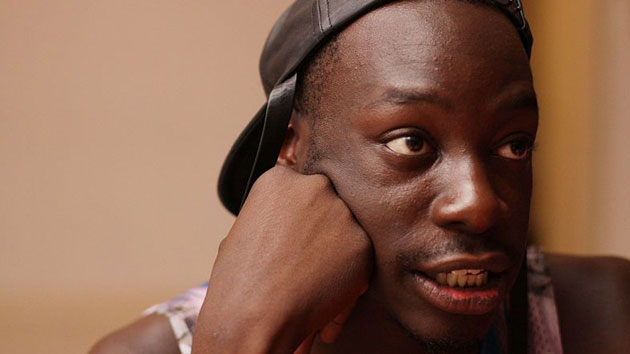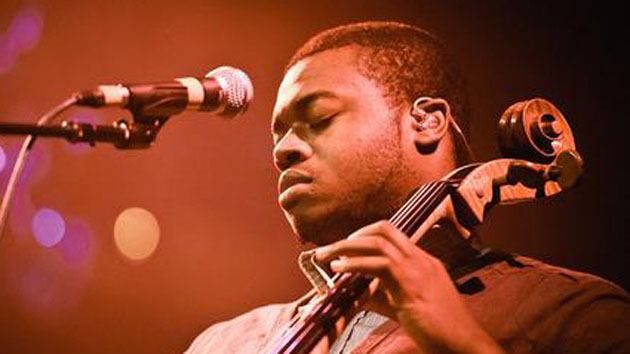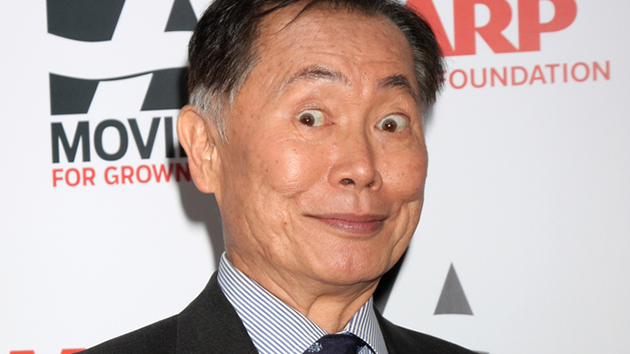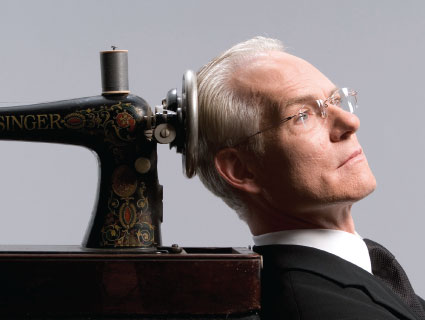Rufus Wainwright seems to have far more life experience than one can reasonably fit into 40 years: He’s released seven original studio albums, won a Grammy, been praised by Elton Jon as “the greatest songwriter on the planet,” toured with his mom and sister (Kate McGarrigle and Martha Wainwright; his dad is the songwriter Loudon Wainwright III), gone through rehab, partied with George W. Bush’s daughter, and written an opera—not to mention chasing after a three-year-old. He recently put out two new albums: Vibrate: Best of Rufus Wainwright and Live from the Artists Den. I tracked him down to chat about growing up among musicians, channeling his personal life into his lyrics, and “slowing down” for fatherhood (i.e., writing another opera). But first, here’s “Out of the Game,” the title track from Wainwright’s seventh studio album.
Mother Jones: I’ve read your online bios, but I was hoping to get one straight from the horse’s mouth.
Rufus Wainwright: I was born in Rhineback, New York, and then lived in the city for about three years until my parents divorced and I moved up to Montreal with my mom and my sister. My mother, sadly, passed away, but she was a great singer-songwriter. My father’s still a fantastic singer-songwriter. So I grew up in a very musical environment, and Martha and I were very familiar with the stage from a young age. Our mother, being the wise woman she was, really wanted us to succeed and know the realities of the business. She was by no means a stage mother. If anything, she was trying to make it harder for us because, you know, she wanted it to last and be of a certain quality. I fell in love with opera at a certain age and had this kind of weird-opera-religious transfiguration where music became my temple, but I still wrote pop songs—well, I guess pop songs, I don’t know what else you call them—and managed to get away with it. I moved to California for my first album and was signed to a major label very quickly. And it all seems like it’s been the flash of a second.
MJ: What did your mom teach you about the life of an artist?
RW: The big edict in the house was really from my grandmother, my mother’s mother, who wasn’t an artist, who grew up in the Depression and had to work really hard to support her brothers and sisters. I don’t think she was against anyone going into music—she just knew that you had to be good. Her whole thing was, “There’s nothing worse than a second-rate folk singer!” So, that’s always reverberated through the household. We’ve tried to steer away from that in our family.
MJ: So you love opera and you write songs using Shakespearean sonnets, and yet you’ve lived this total rock and roll lifestyle. Are these two separate sides of you?
RW: Oh, no. I’ve very much emulated an earlier time when all of that stuff was mushed together. When I was growing up a gay teenager, and without this present day acceptance that exists now, it was very closed. I knew I was gay when I was around 13. There wasn’t the internet, there weren’t support groups, AIDS was everywhere. I mean, it was really dark. So I looked back at another era, which was more the turn of the last century and the early 20th century when—whether it was Stravinsky or Picasso or Oscar Wilde—the great arts were all kind of in one big pile. It was very decadent and very dangerous and exciting. And very gay too, when you think about it!
MJ: In what way?
RW: It was just about utter freedom. To be in the process of tearing down the old idols of culture that those artists were in the process of doing, the more hedonistic you were, the better. And I very much subscribed to that as a young artist. It’s very classical, in a lot of ways.
MJ: When did you get a sense that you wanted to channel that into your music?
RW: I knew when I was signed, at the age of 23, in Hollywood, at a huge studio, that the fact that I was openly writing about my homosexual lifestyle and that I presented myself as an out gay man was very, very unusual. I was inadvertently a total pioneer in that world. There were other people who had come out of the closet or who had been forced out. But there was never anyone who had really started in the mainstream totally out and totally honest about it with the press and their fans. People tried to persuade me to hide it and be a little more mysterious. But I didn’t want to hear any of that. I thought I could only be myself. So that’s important to me—that was part of my engine in the early days.
MJ: You just released a best-of album. Are there any songs that got really popular that you weren’t expecting to?
RW: “Hallelujah” was a big shock. I just sort of did that in an afternoon, and boom. I’m very associated with that song now. “Cigarettes and Chocolate Milk”—who would have thunk that, too? In this politically correct world we live in, to have “cigarettes” in the name of a song is pretty risky.
MJ: I remember listening to it when I was 11 or 12 and thinking, “I love chocolate milk! This is a pretty great song.”
RW: [Laughs.] Well, I’m happy you liked chocolate milk and not cigarettes.
MJ: What music have you been listening to lately?
RW: I’ve been listening to Reflektor by Arcade Fire. It’s really great music to do photo shoots to. There’s something about the songs on that album that makes you feel very glamorous, and very stoned without having to be stoned.
MJ: What’s surprised you about being a dad?
RW: What I love about my daughter is that she is going to definitely allow me and force me to change my life and slow down and make it more about the real things in the world. I’ve been working so hard for so many years that I need this stop sign. I’ll always have to keep working—my idea of taking time off is writing an opera, which is funny. But I won’t be on the road as much.
MJ: Elton John once called you the “greatest songwriter on the planet.” What’s your writing process like?
RW: I’ve always written about what I’m going through. Where certain artists manage to create a certain kind of mystery or hidden meaning, I’m very clear about it being about my life, even though the songs can be very esoteric. It’s just through this crazy life I lead, whether it’s early days being in bars, or now changing diapers. It’s all so inspiring. A diaper is as inspiring as a drink. I never thought I’d say that!
















